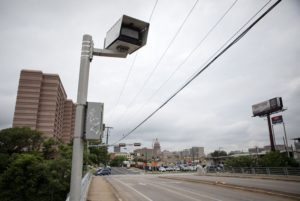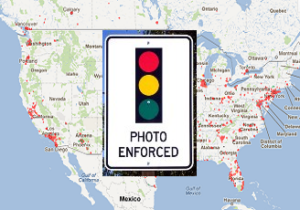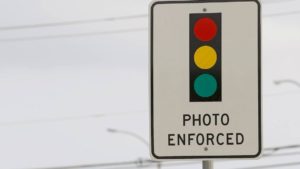I am still steamed at the Texas Legislature for wrestling away from cities in the state the ability to enact ordinances aimed at protecting motorists and pedestrians who venture onto our public streets.
The 2019 Legislature decided it had earned enough griping from motorists bitching about a phony notion that they were unable to “face their accuser” and ordered cities to no longer deploy cameras at intersections to catch motorists running through red lights.
You know, of course, that red lights mean “stop.” Too many Texans choose to ignore that command, so they run through the intersections. They have in many cities produced spikes in “t-bone” crashes, resulting in serious injury and death.
An earlier Legislature decided to give cities that right. Many of them did. I lived in a city that deployed red-light cameras. Amarillo, though, was forced to take them down because of legislative edict. I now live in a city, Princeton, that doesn’t govern itself under a home-rule charter, so it must follow state law where it applies; absent a home-rule charter, Princeton couldn’t have activated red-light cameras even if it sought to do so.
My wife and I have just returned from a brief visit to Amarillo. Our visit there reminded me once again of the fight that ensued when the city council showed some serious courage in enacting the ordinance that resulted in red-light cameras. The city traffic engineer and police department had identified intersections where red-light runners had caused undue havoc, mayhem and misery. They deployed the cameras and, lo and behold, they found that the cameras deterred lawbreakers.
One of the chief complaints came from those who said the cameras denied motorists the right to face their accuser. Baloney!
The cameras snapped a picture of the license plate of the offending vehicle; the city then identified the owner of the vehicle and sent him or her a $75 infraction notice. It then fell on the owner of the vehicle to pay the fine, or get whoever was driving the vehicle to pay it or they could protest it to the municipal judge.
Well, that’s all history now. I recall fondly the statement made in public by then-City Councilwoman Ellen Green, who scolded red-light camera opponents by declaring in essence, that all they had to do to was “stop running red lights.”
Shameful.
Whatever happened to the noble principle that “local control is better” than big government?



